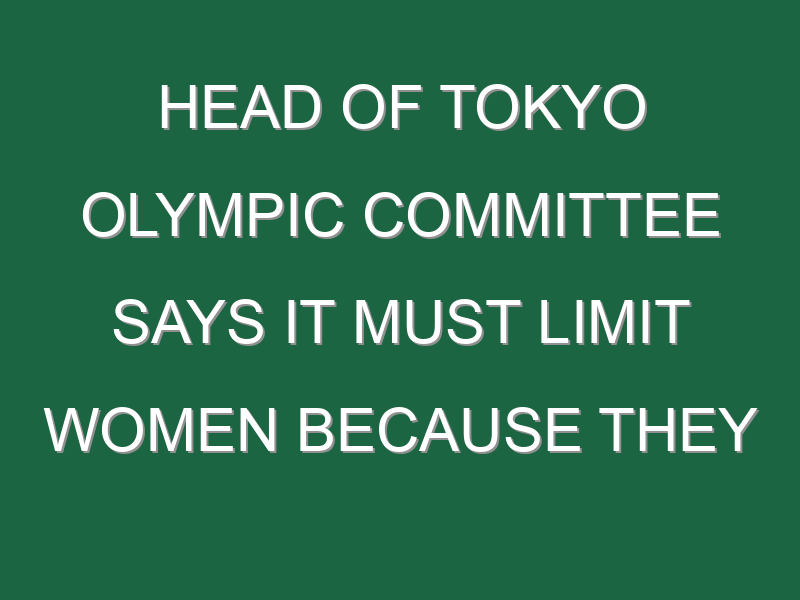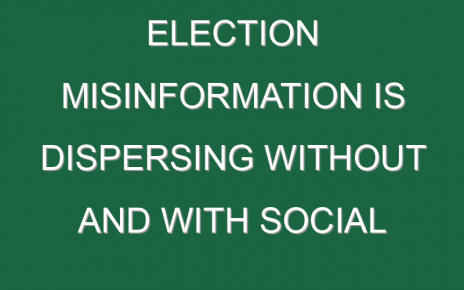Japan, an aging nation in which leadership positions in business and government are overwhelmingly dominated by men, had hoped that hosting the summer Olympic Games would afford an opportunity to showcase its vitality and commitment to gender equality.
So it seemed to me a little bizarre when, in 2014, the person Japan chose to lead the Japanese Olympic organizing committee was…another old guy.
Yoshiro Mori was arguably modern Japan’s least popular prime minister. He is undisputedly its most gaffe-prone. He was hounded out of office for, among other blunders, carrying on with his game golf after being being informed that a U.S. submarine had collided with a Japanese fishing boat, killing nine people.
On Wednesday, Mori, 83, found himself at the center of a social media firestorm after the Japanese press reported that he had suggested during an online executive meeting of the committee, that the group limit the number of female members because women talk too much.
“On boards with a lot of women, the board meetings take so much time,” Mori said, according to the Asahi Shimbun. “Women have a strong sense of competition. If one person raises their hand, others probably think, I need to say something too. That’s why everyone speaks.”
Mori apparently made the remarks in response to questions about plans to double the proportion of women on the Japanese Olympic Committee to 40% from 20%. “If you increase the number of women, you have to some extent limit the time for their remarks, otherwise you’ll run into trouble because it will never end,” he said.
It was not the kind of publicity Japan’s Olympic effort—or the nation’s current Prime Minister Yoshihide Suga—needs.
The Tokyo games spiraled over budget even before the pandemic, which forced organizers to postpone them for a year. Suga’s government is scrambling to convince the world and Japan’s citizens that it can ensure the safety of athletes and visitors to the games, which have been rescheduled to open July 23. Japan remains in a state of emergency and has yet to begin vaccinating its citizens.
A recent survey found that only 16% of Japanese think the games should proceed.
Suga and his predecessor, Shinzo Abe, have championed the idea of “Womenomics”—that government must push through new policies to make it easier for Japanese women to participate in the workplace. In theory, those policies should also help ease the burden to families of raising children, thus slowing the downward spiral in the nation’s birth rate.
Mori spent much of Thursday attempting to apologize and fend off calls for his resignation. Mostly, he just made things worse. Asked if he really thinks that women talk too much he reportedly replied: “I haven’t been listening to women talk recently, so I don’t know.”
He did allow, however, that perhaps he himself should talk a little less.
Clay Chandler
[email protected]
This edition of Eastworld was curated and produced by Grady McGregor. Reach him at [email protected].




